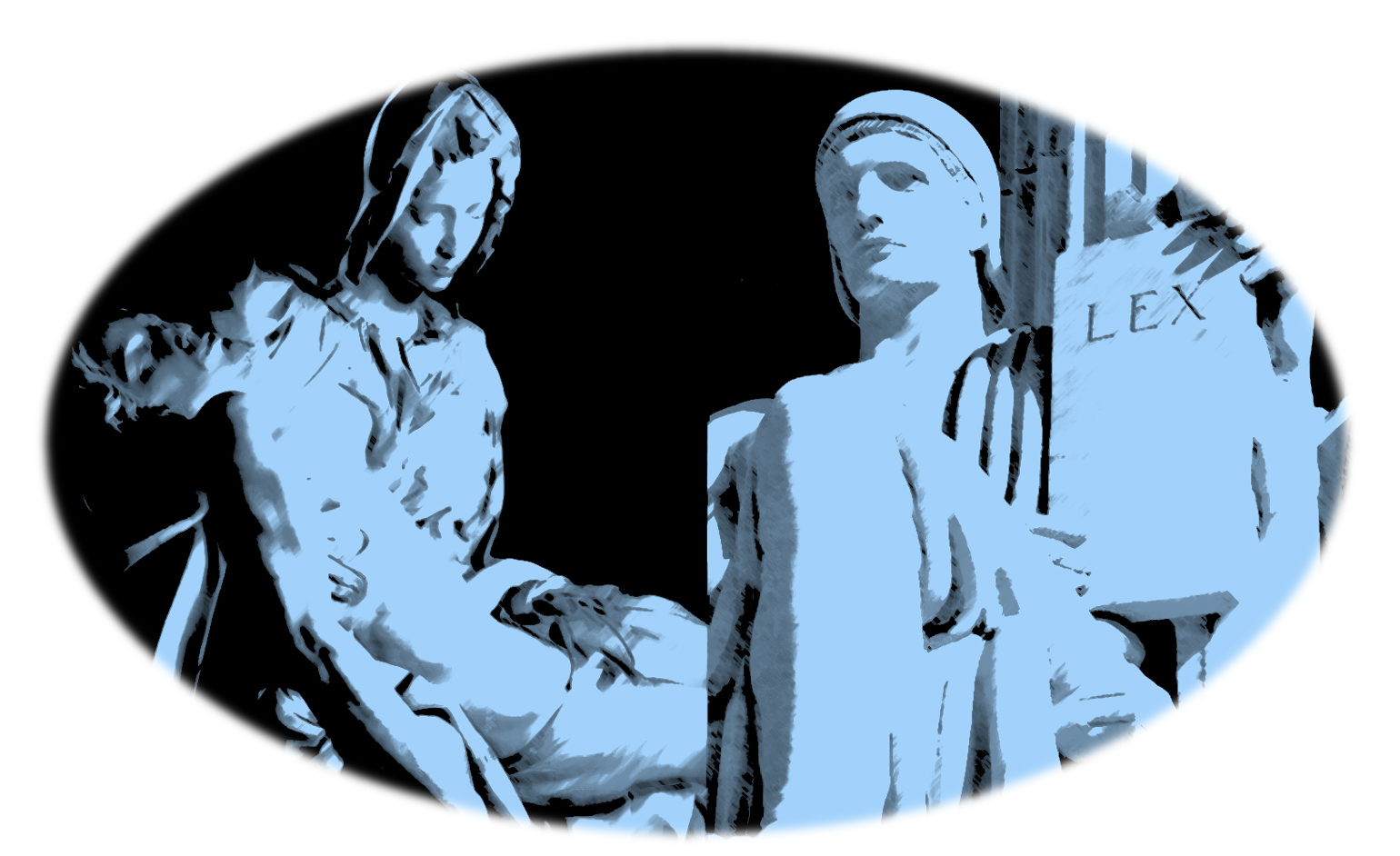The pandemic has brought the conflict between the sacred and the secular to the surface.
The Archbishop of San Francisco, Salvatore Cordileone, led a recent protest against Covid-19 restrictions. He claimed that restrictions on worship violate the First Amendment right to free exercise of religion. He said, “when government asserts authority over the church’s very right to worship, it crosses a line. Our fundamental rights do not come from the state… they come from God.” He also suggested that “secular elites” lack compassion for religious people and do not understand the pain caused by restricting worship.
The Archbishop did not deny the need for reasonable restrictions on religious liberty. The problem is that we disagree about what is reasonable. In fact, we always have.
150 years ago the U.S. Supreme Court ruled against Mormon polygamy (Reynolds v. U.S.), arguing that the state can restrict religious liberty. The Court said that religious belief is not “superior to the law of the land” and that religious liberty does not “permit every citizen to become a law unto himself.”
The worry is that religious liberty can open the door to a kind of anarchy, as each sect claims an exception to the law. The Mormon polygamists of the 19th Century did not think that polygamy meant anarchy. Nor is the Archbishop prescribing general lawlessness in the face of the pandemic. But it is difficult to figure out where to draw the line in disputes between the secular and the sacred.
Furthermore, the Archbishop suggests that some values transcend the law of the land. He says that our rights come from God—not from the state. This may mean that we have a right (or even an obligation) to violate the law of the land in the name of a higher law. This is what happens in cases of civil disobedience and conscientious refusal.
Public health and the common good would seem to call for restrictions on worship. But do religious people have a right to refuse?
A significant problem is that terms such as “public health” and “the common good” are subject to interpretation. A religious person may think that spiritual well-being is part of public health. And some religious communities think that communal worship is essential for the common good.
The Archbishop suggests that secular people often don’t understand the powerful role that ritual and communal worship play in the lives of religious folk. There is some truth to this. The idea of the sacred opens a realm of transcendent value, which has no parallel in non-religious life.
The secular world is “disenchanted,” as Max Weber put it a hundred years ago. Philosopher Charles Taylor said something similar: “The modern identity and outlook flattens the world, leaves no place for the spiritual, the higher, for mystery.” Speaking as secular person, I think they are right. The sacred, the transcendent, and the holy are indeed flattened in the secular world.
There is much to argue about here in terms of ethics, theology, and the meaning of life. But let’s leave these existential arguments aside and return to the problem of the pandemic. The present situation is this. Some religious people live in a world of mystery and enchantment that requires communal celebration of shared rituals. These communal practices appear to violate the public health rules created by a secular political system, which views the world as disenchanted and flat.
This conflict becomes more complicated when the source of political and legal authority is called into question. Are the laws a human creation, the result of a social contract? Or are these laws reflective of something deeper, more mysterious and sacred?
The present crisis prompts these deep questions. To answer them we need the help of political philosophers and theologians. But there will be no unanimous consensus about how to answer these questions.
This gives us clue to finding common ground. The fact that we disagree shows us the need for liberty. The Courts are going to have to draw lines. These judgments will not be satisfactory to everyone. But let’s agree, at least, that we should be free to ask these questions and to disagree about the source of the law and the meaning of life.


